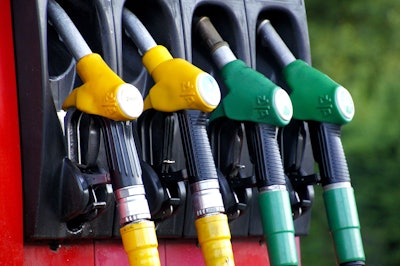
The Environmental Protection Agency has issued an emergency fuel waiver allowing the nationwide sale of E15 gasoline during the summer driving season, a move aimed at increasing fuel supply and supporting American agriculture.
EPA Administrator Lee Zeldin announced the decision Thursday, citing President Trump's executive order declaring a national energy emergency. The waiver extends the 1-psi Reid Vapor Pressure (RVP) allowance for E15 gasoline, which is a blend containing 15% ethanol.
The waiver takes effect May 1 and will initially remain in place through May 20, the maximum period allowed under the Clean Air Act. The EPA expects to issue new waivers to extend the emergency measure until the extreme fuel supply circumstances are resolved.
U.S. Secretary of Agriculture Brooke Rollins praised the decision, stating it would provide immediate relief to consumers, offer more choices at the pump, and drive demand for American-grown corn.
"Our nation's great corn growers are critical to helping the U.S. achieve energy independence which is essential to national security," Rollins said.
The EPA's action also addresses concerns raised by governors of seven Midwestern states regarding E10 fuel standards. The agency has waived provisions that would have required E10 gasoline sold in those states to meet a more stringent standard than conventional gasoline in other parts of the country.
This emergency measure is part of the EPA's broader "Powering the Great American Comeback Initiative," which aims to restore American energy dominance and reform permitting processes.
Environmental groups have previously expressed concerns about the air quality impacts of year-round E15 sales. However, the EPA maintains that this temporary waiver is necessary to address ongoing issues with gasoline supplies and to support U.S. energy independence.
The agency expects retail stations in affected states to pass on cost savings to consumers at the pump as a result of these waivers. The EPA will continue to monitor fuel supply in consultation with industry and federal partners.

















